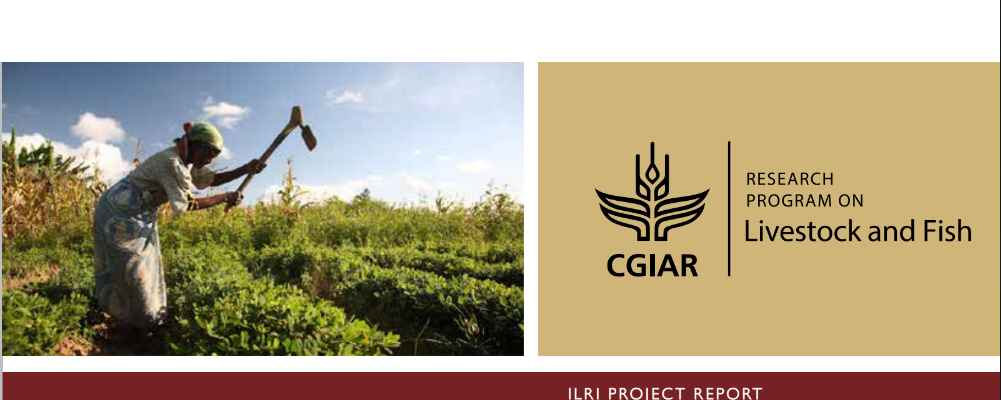Background: In many developing countries, rural populations are heavily dependent on agriculture as well as different social services for their livelihoods. Yet access to adequate knowledge, improved technologies, financial services and other relevant social services remains a critical issue.
Objective: This paper reviews selected approaches to agricultural extension and advisory services (EAS) and particularly discusses the effectiveness of EAS delivery processes for reaching poor women and men farmers on an equal basis.
Observations: A wide range of traditional and reformed EAS delivery systems have been tried in many developing countries, but very little has been achieved in systematically considering a gender perspective in the provision of agricultural advisory services. Innovative models focusing on best-fit gender approaches provide opportunities to better tailor EAS to groups with specific priorities and needs.
Conclusions: Women, more than men, are exposed to a range of challenges that prevent them from accessing EAS. Innovative EAS models have primarily focused on supporting rural women farmers’ access to agricultural extension services, through a variety of mechanisms, but they have not been scaled for significant impact.
Recommendations: This paper points to the need for implementing innovative practices based on a gender-equitable approach to rural service delivery which should apply at the farmer, provider and policy levels to reduce gender gaps in accessing agricultural advisory services.
Authors: Michèle Mbo’o-Tchouawou and Kathleen Colverson
Contact address: pierrecelestin.ndayisaba@rab.gov.rw
Institution: Livelihoods, Gender and Impact (LGI) and Regional Strategic Analysis and Knowledge Support Systems
(ReSAKSS) programs, ILRI
Twitter name of the institution: @ILRI
Twitter link: https://x.com/ILRI
Available downloads:


